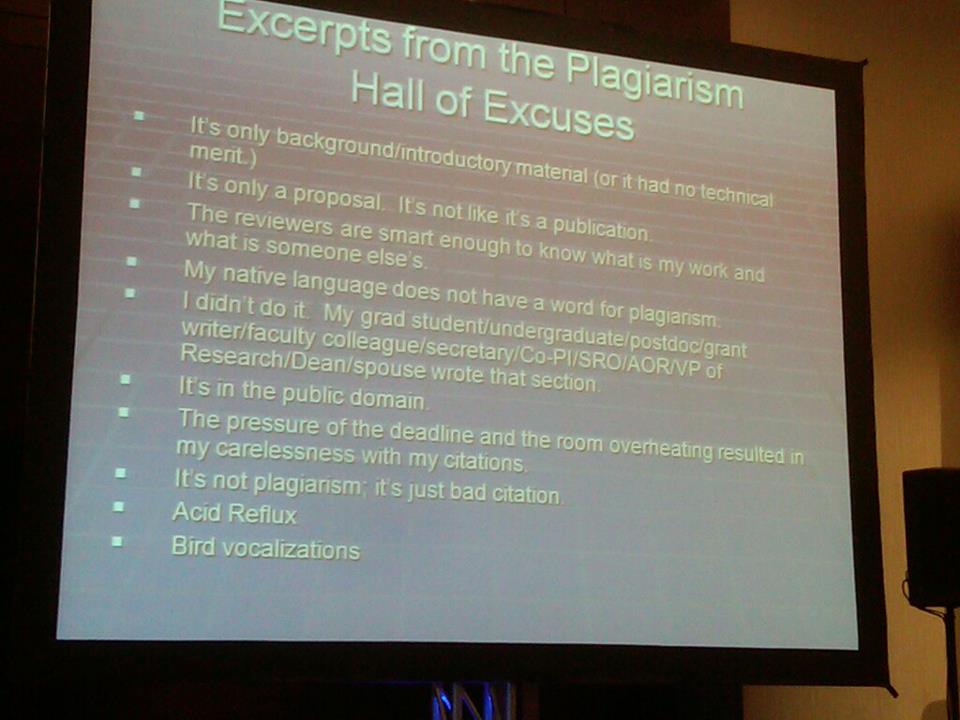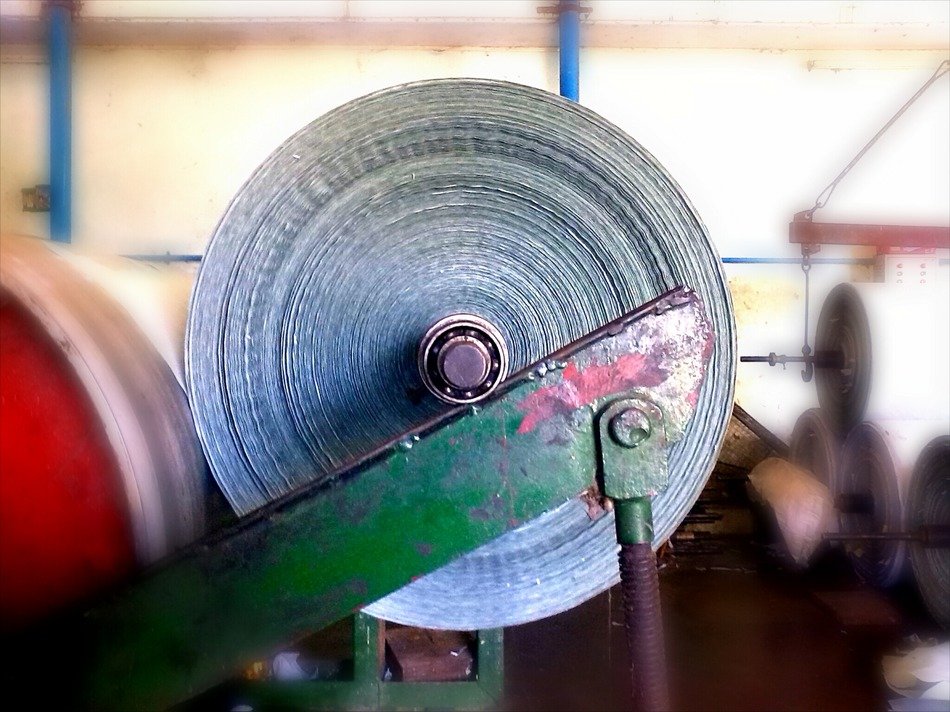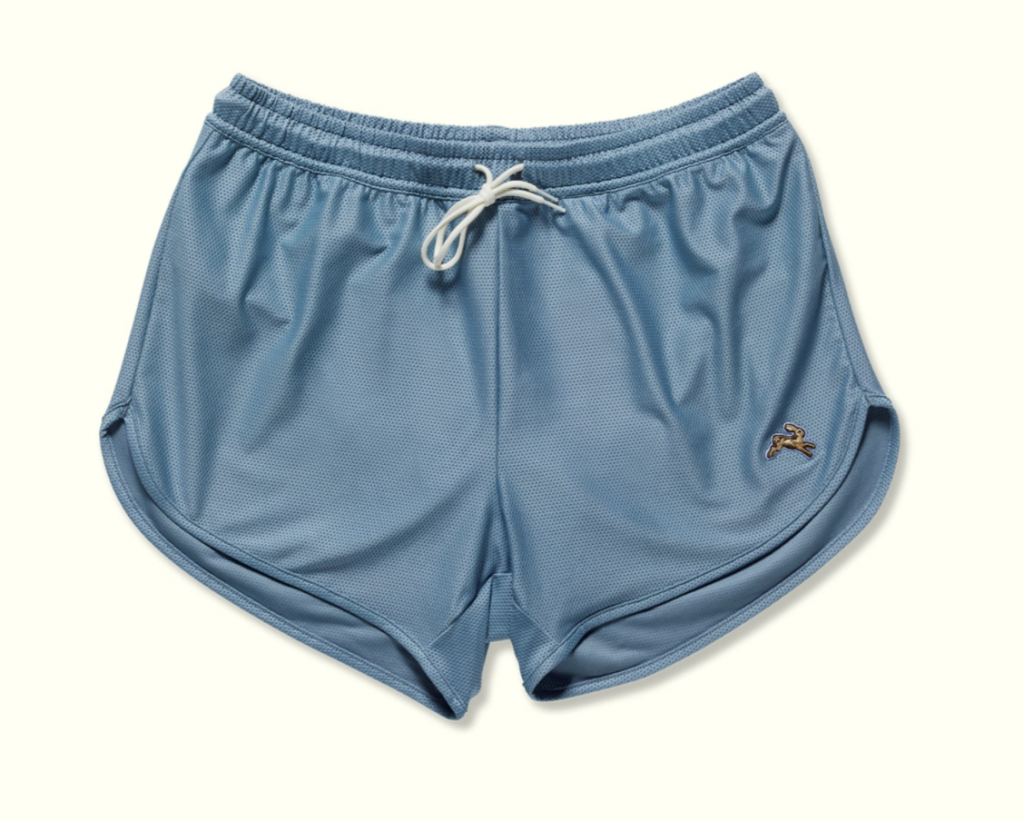
It’s happened to all of us: You’re putting the final touches on your manuscript and run plagiarism detection software against it. Somehow, part of the software’s report ends up in your abstract — and neither you nor the peer reviewers nor the publishing team notices.
Well, it’s happened to one group of researchers, anyway.
Here’s one such passage, which appears right in “Identification of Selective Forwarding Attacks in Remote locator Network utilizing Adaptive Trust Framework,” a 2019 paper that was part of the IOP Conference Series: Materials Science and Engineering:
Continue reading Pro-tip: Before submitting your manuscript, delete the plagiarism detection report text







